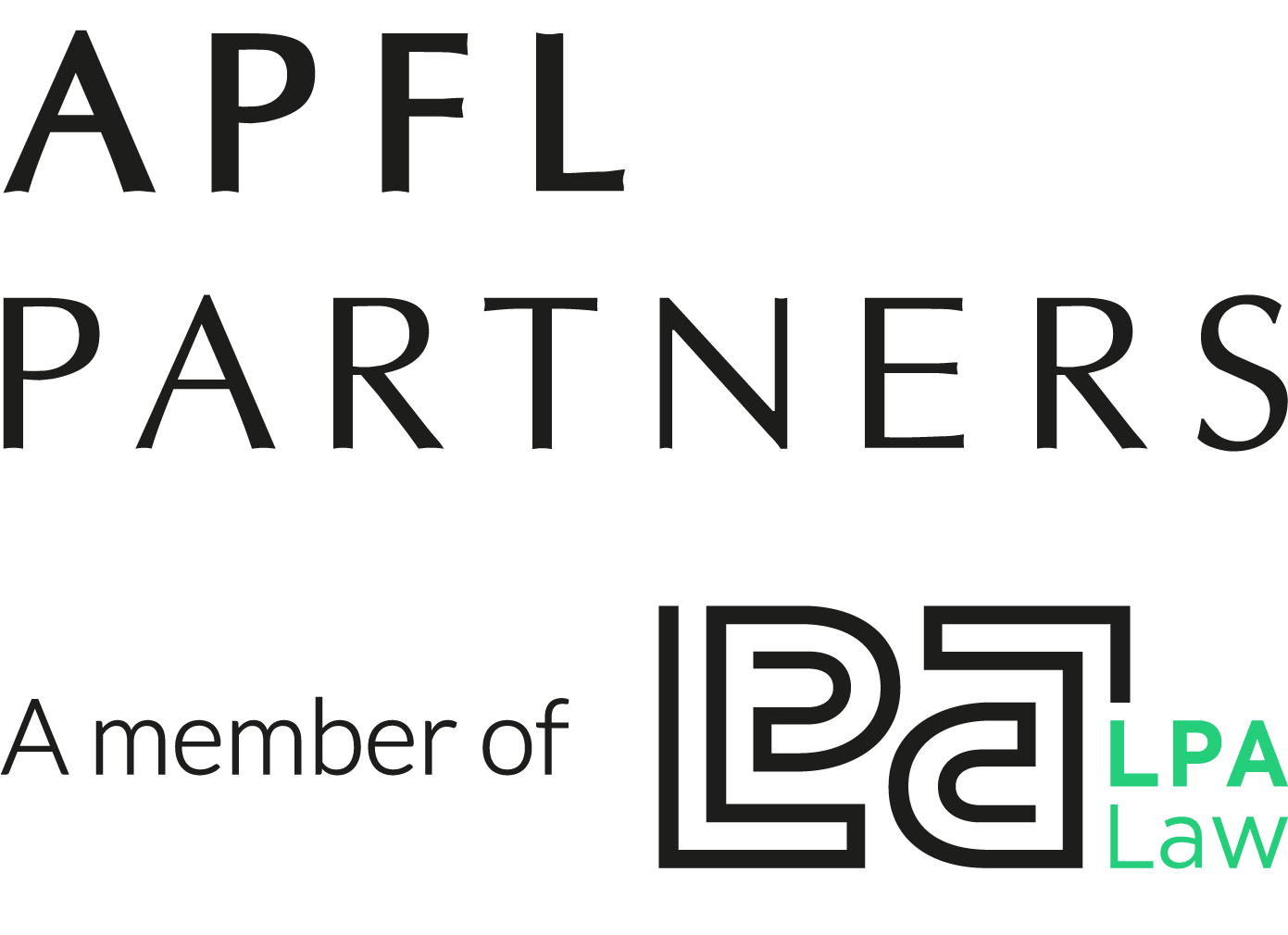New Law amending the Law on Investment: Incentives for High-Tech and Authority Restructuring

On 25 June 2025, the National Assembly promulgated Law No. 90/2025/QH15 amending and supplementing eight laws on bidding, investment, and taxation (“Amending Law”). Notably, Law No. 61/2020/QH14 on Investment (“LOI”) is among those amended, as specified in Article 6.
Overall, the Amending Law provides investment incentives for digital and high-tech sectors, reassigns competent authorities, and updates transitional provisions.
Investment incentives and support in high-tech sectors
the Amending Law introduces new investment-incentive sectors:
- Establishing e-infrastructure for strategic technology sectors as designated by the Prime Minister;
- Investment in strategic technology sectors and the production of strategic technological products as designated by the Prime Minister;
- Innovation and digital transformation in accordance with laws on science, technology, and innovation;
- Human resource training in science, technology, innovation, and digital transformation;
- Production of digital technology products and provision of digital technology services;
- Railway transport, the railway industry, and related human resource training.
Projects under (a) and (b), as well as those involving production of key digital technology products, semiconductor-related projects, and the construction of AI data centers may be eligible to special investment support from the Government, provided they meet the conditions in Article 20.2 of the LOI.
Furthermore, foreign investors of new projects under categories (a) and (b), or in innovation center development, can establish economic organizations prior to obtaining an Investment Registration Certificate (“IRC”). Investors may also opt to apply the Special Investment Procedures provided for projects falling under categories (a) and (b).
Article 44 of the amended LOI sets the maximum operation term of 70 years for projects in the development and operation of infrastructure in high-tech zones, high-tech industrial parks, centralized digital technology zones, and projects eligible for Government’s special support under Article 20.2(a).
On the other hand, the Amending Law includes centralized digital technology zones in the list of areas eligible for investment incentives. Projects in those zones are also eligible for approval of investment policy and investor selection without auction or bidding under Article 29.4, and for the Special Investment Procedure under Article 36a.
Reassign competent authorities regarding investment policy approval
In terms of authority, there is a notable reallocation of jurisdiction over investment policy approval (“IPA”). Notably, nuclear power plants, previously under the National Assembly’s authority, are now under the Prime Minister’s jurisdiction.
The Provincial People’s Committees (“Provincial PC”) are now responsible for several project types that were previously under the Prime Minister (“PM”)’s authority, including:
- Projects involving resettlement of 10,000 people in mountainous areas or 20,000 in other regions;
- New projects involving airports, airstrips, terminals with a capacity of 1 million tons/year or more;
- New projects for air passenger transport business;
- Oil and gas processing projects;
- Housing for sale, lease, or lease-purchase, and urban area projects regardless of scale;
- Type-I Seaport terminal.
Additionally, infrastructure projects in industrial parks, export-processing zones, and centralized digital technology zones are newly added to the Provincial PC’s scope.
For projects submitted to the PM before 01 July 2025, the previous regulations continue to apply. If a project was not yet eligible or not yet submitted to the PM, the Ministry of Finance transfers the dossiers to the relevant Provincial PM in accordance with the new law. The Provincial PC is also authorized to approve adjustments to the IPA previously under the PM’s jurisdiction.
Regarding cross-provincial investment projects falling, the PM will no longer issue the IPA; instead, the Government will issue specific regulations to guide the handling of such cases.
Other amendments
Besides, the Amending Law removes detailed regulations on application dossiers, content of investment policy proposals, and approval procedures, which will be governed by the implementing Decree. It also includes in Article 77 of the LOI the inspection activities in accordance with the LOI, the Law on Inspection, and the Law on Auditing.
Beyond high-tech industries, the railway industry is another key amendment point, having been included as an investment-incentive sector. Moreover, the list of conditional business lines is amended, removing urban railway business while adding personal data processing services and services related to crypto asset.
The Amending Law takes effect on 01 July 2025.
Disclaimer: This newsletter and its content are for informational purposes only and do not constitute legal advice. Readers should seek legal or professional advice before taking or refraining from any action.


